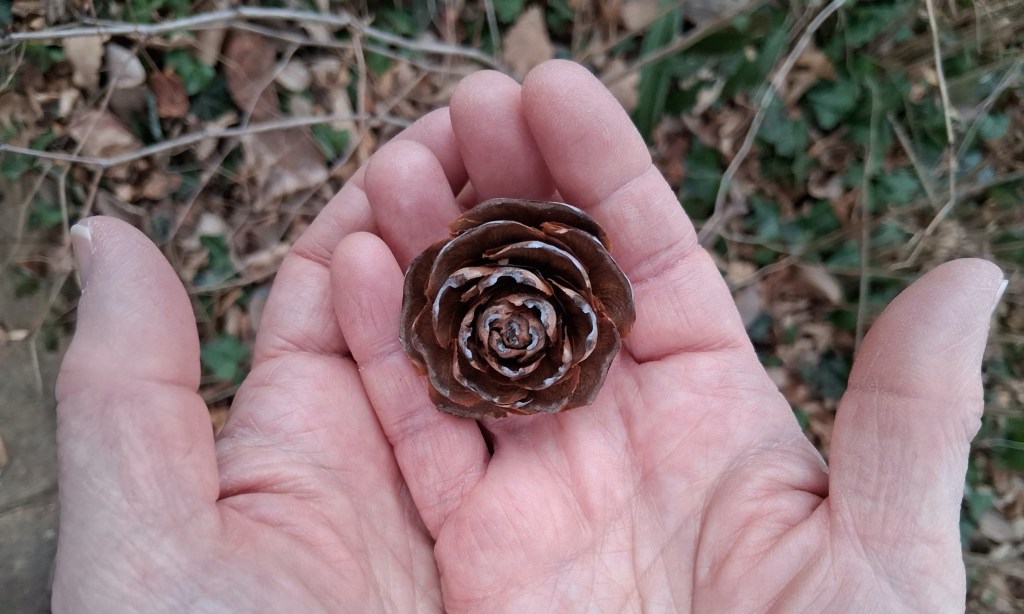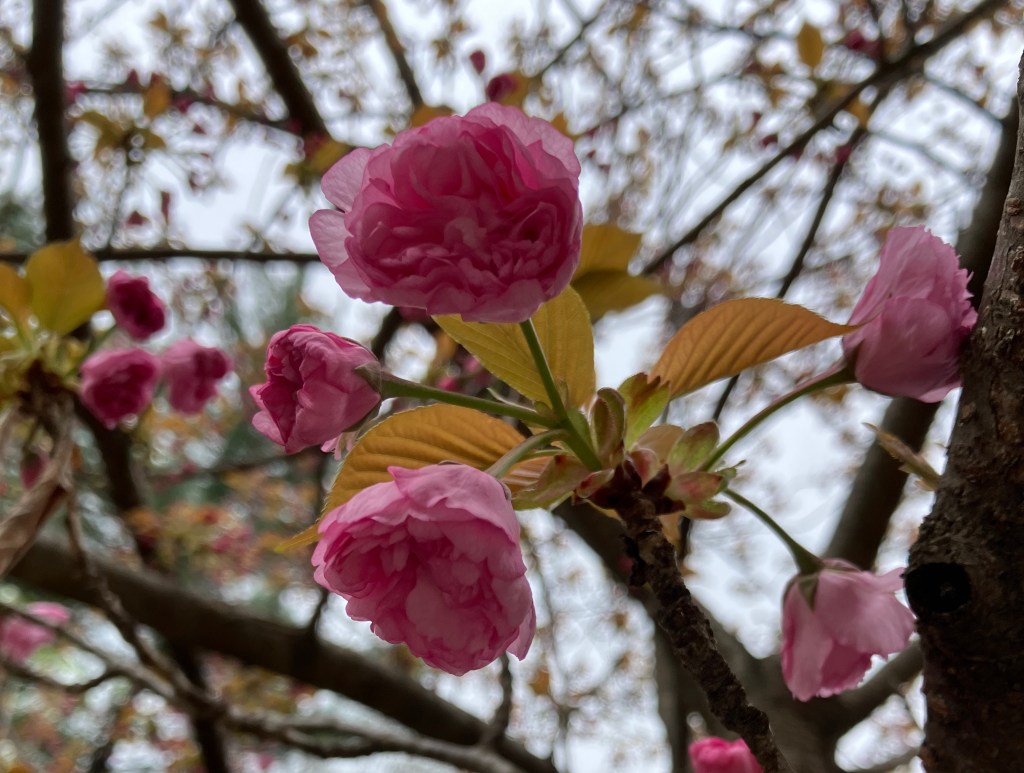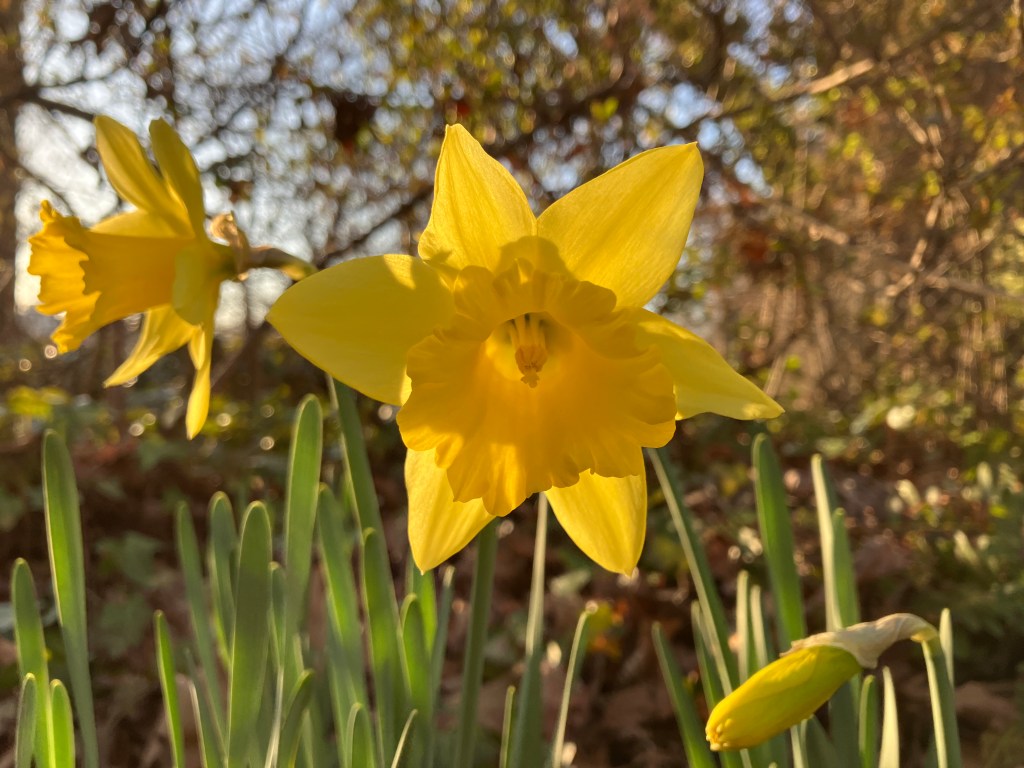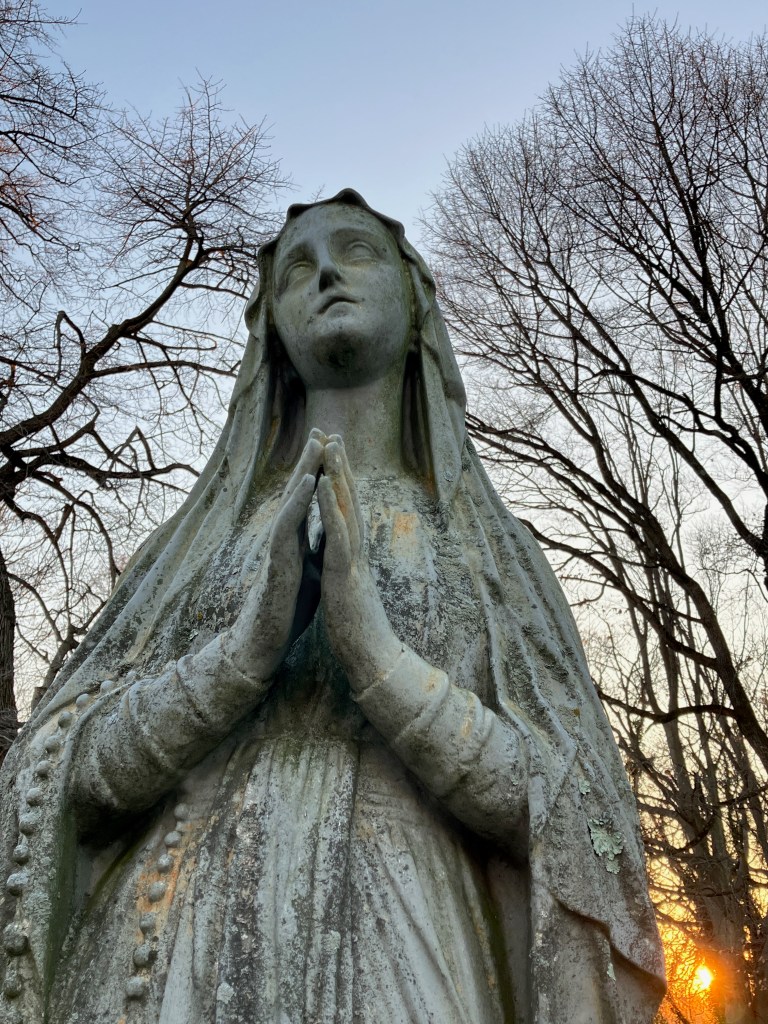
“The LORD created me at the beginning of his work, the first of his acts of long ago….”
Proverbs 8:22 [8:22-31 NRSVUE]
And the Word became flesh and lived among us, and we have seen his glory, the glory as of a father’s only son, full of grace and truth.
John 1:14 [1:1-18 NRSVUE]
“The shepherds returned, glorifying and praising God for all they had heard and seen, just as it had been told them.”
Luke 2:20 [2:1-20 NRSVUE]
I did not know I was dreaming until I had waked. It was one of those settings that you recognize even though none of the dream-details match the reality. I was at Christmas Eve worship for the “pop-up” Christmas pageant: a staging where some parts are planned and practiced and others are improvised on the night. Children milled about. Helpers handed out costumes, reminded the scripted of their parts, readied to aim the walk-ons down the correct aisles at the correct cues.
The children’s minister stepped forward with a short speech of welcome, then nodded to the helpers in back, and the pageant began. Mary was demure in her blue scarf; Joseph held a crook (obviously judged mature enough to wield it safely). The two trod forward to Bethlehem, said their parts, and took their seats by the straw-filled manger. Shepherds came up the aisle next. One, a round-faced blond, was a born performer: she sniffed loudly with disgust at her own sheep stink and exclaimed with comic verve, ‘I smell because I’m a shepherd!’ A responsive chuckle rippled through the congregation.
The shepherds arrived at the stable and it was they — not Mary nor Joseph, nor any of the tinsel-haloed cherubs — who announced the birth to the congregation. The sheep-smelly-smelling shepherd picked up the swaddled bundle from the manger, unwrapped it slightly, and with two hands held high to the assembled faithful the large altar Bible.
‘Unto us is born a book!’ she proclaimed.
What was the dream-congregation’s reaction to the appearance of a hefty tome instead of the expected baby? Dream-me for a moment worried lest the congregation focus more on the missing baby doll than the meaning of the lifted book. Dream-me then was glad — and waked-me glad still — for the pageant’s point that the written word is not some static printing-press artifact but a life that breathes and grows and transforms those who receive and welcome and breathe and grow in response.
Is the Bible a ‘what’ or a ‘who’? And if the latter, then who is the Bible? Or, maybe, how is the Bible a ‘who,’ and how many ‘who’s are the Bible?
How much of this text is the material remains of generations who lived and told and wrote and retold and rewrote and handed on for the next generation’s living, and the generations’ after that? How much of this text is the still-bright spark of something beyond any human creation? The newborn babe who bears the genetic legacy of so many forebears yet comes forth from the womb, mouth mewling and limbs flailing at the first gulp of air, life sparked by a pair of copulating bodies but not created, nor ultimately contained, by either of them.
What if the baby born unto us was the Bible? The bound book, covers open, pages flapping, bawling for our attention and response. Let that imagining change our experience of the whole! The infant demanding engaged attention and active nurture; to whom we bend near, listening closely to its cries and attending to its wrappings and ensuring that it is fed and held and sung to and spoken of and lived with. Through whose presence we are ourselves enlivened into new identities, recognizing our own infancy and need and hope of growth.
Conceive the Bible as the baby begotten and born in our midst. The Bible not a ‘thing’ that exists static and inert, apart from the beating life of human community, but a ‘who’ that delights and frightens and argues and enriches and teaches and transforms and raises a new and whole ‘who,’ bodies of print and people together, hearts beating with life and enlarged in love.
Unto us is born … the Word. May we be devoted to its raising that we may be raised through its being.










